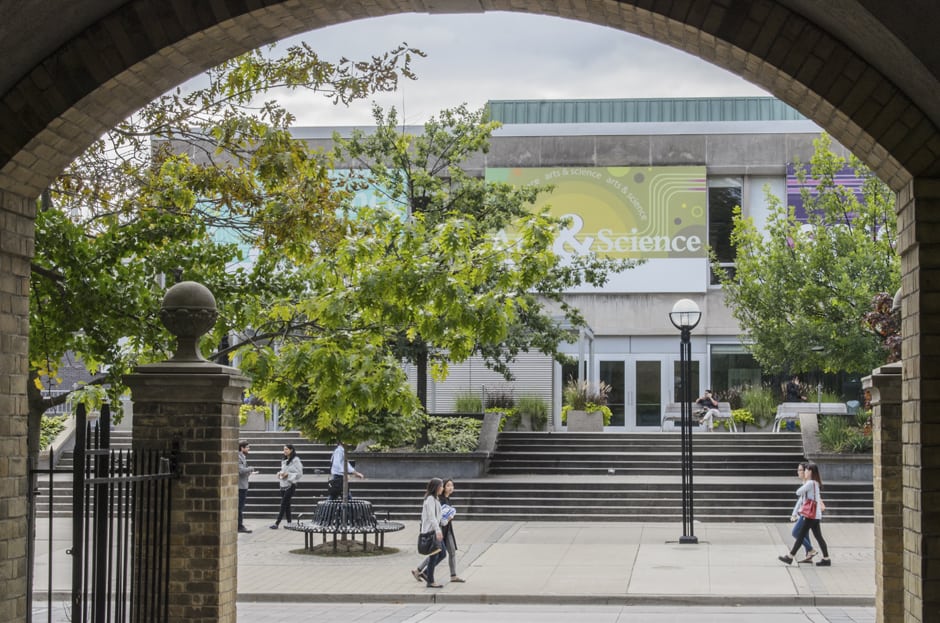In March 2014, students walking into Sidney Smith Hall were greeted by a question on a white board: “How does the University of Toronto make you feel?” Now, the innovator of that project, David Fishbayn, a fifth-year psychology student, is back with a new initiative: “UniteUofT.” The student group focuses on shedding light on isolation — perhaps the most prevalent cause of mental health issues at U of T.
“A first-year student once said to me that she felt that she wasn’t growing like a tree. That statement really resonated with me. As an environment, U of T is not conducive to human development, due to the serious lack of social contact. In a period of modernity, U of T is almost the peak of alienation,” Fishbayn said, adding: “It’s tough here.”
Caroline Fraser, a fourth-year book and media studies student involved with the initiative, echoed Fishbayn’s sentiment. “Last week, we met a third-year student who was on exchange from Venezuela, and he told us about how he thought going to a big school and sitting in big classes would ensure that he met people and made friends really easily. Instead, the opposite proved true,” Fraser said.
Over the past few years, students have repeatedly criticized the university’s mental health services, such as Counselling and Psychological Services, for allegedly failing to properly treat affected students.
Fishbayn and Fraser also expressed concern over the prevalent perception at the university that student alienation is normal.
“People refuse to acknowledge it because they believe that it’s the norm here — that it’s just how things are. This is exactly what needs to change, and this form of improvement needs to come from within the students,” said Fishbayn.
While the group is still in its beginning stages, Fishbayn and Fraser aim to implement a number of different projects by mid-October. For example, the group plans to reintroduce the How Does U of T Make You Feel? project. They also plan to start a Facebook page called U of T Stories, where students can anonymously share their university experiences and then reach out to other students with similar experiences. “It’s all about bringing people in contact with each other,” Fishbayn and Fraser said.
Fishbayn added that the prevailing mindset around the university will not change overnight, saying, “The question that I find most interesting and difficult to answer as a psychology student is: How do we make people be more social? How do we change an environment that’s not only antisocial but also accepted as something that’s normal when it’s clearly not.”


